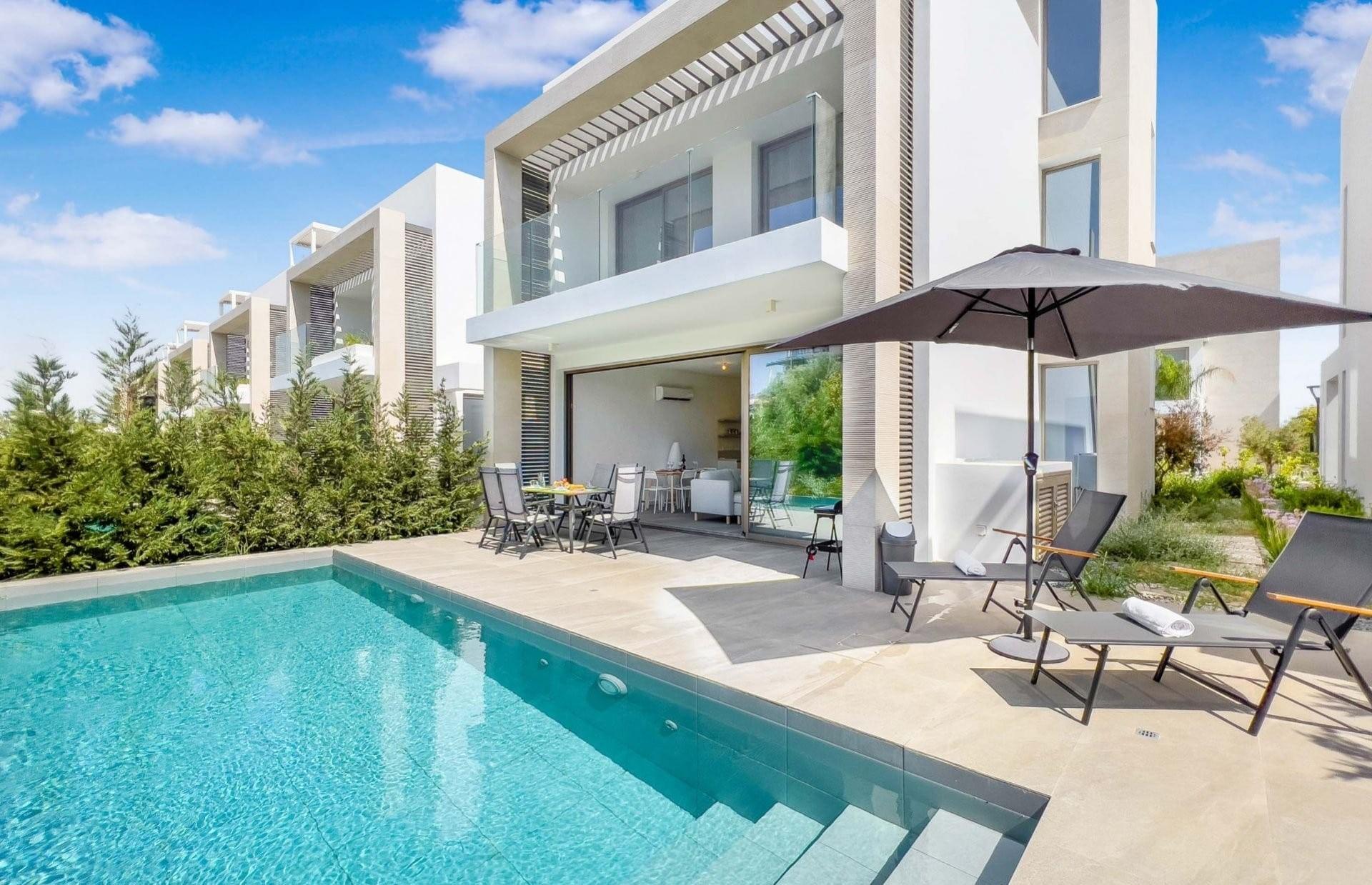The Cyprus Ministry of Tourism has reported a big increase in the number of short-term rental properties in the private sector.
In the last two years, the number of officially registered landlords on the island has almost doubled to 8,364. Today, they offer 36,820 units for tourists to stay in. In 2023, there were 4,765 landlords and 21,636 places to stay.
Even though the number of official registrations has increased a lot, the problem of illegal rentals is still very important for Cyprus. People are still talking about possible actions in the parliament. One idea is to introduce fines for property owners who rent out their properties on a short-term basis without registering them. This initiative follows the new EU rules set out in Regulation 2024/1028 of 11 April 2024. The aim of these rules is to make it easier for people to exchange data on short-term rentals across Europe.
The document introduces common standards for monitoring the sector, including obligations for online platforms such as Airbnb to provide monthly reports to the authorities on rented properties and their owners. These new rules are expected to start on 20 May 2026. After that, it will be harder to rent out your property on short-term rental sites like Airbnb. If you don't register your property, you could be punished by law.
But at the moment, things don't look good. The deputy mayor of Sotira said that in the Agia Tekla area, about half of the 1,800 houses are rented out to tourists during the summer months, from May to October. He also said that many guests stay in these houses without any control or registration. He said that the amount of waste is a clear sign of how big this activity is. It is about one-third of what a full-service hotel would produce. The local government did two things in response to this problem. They put up the taxes and fees that people pay when they rent out their homes.
They also started legal action. The court said that the Sotira authorities had done the right thing. But there has been no real progress in resolving the issue. The authorities hope that new European rules and new ways of checking private rentals will finally bring order to the sector.

According to the Law on the Regulation of the Establishment and Operation of Hotels and Tourist Accommodation, you can only advertise and rent out properties (like villas, houses and self-catering apartments) after officially registering with the Ministry of Tourism.
The registration number must be clearly visible in all advertisements, promotional materials and bookings. You can register online via the Ministry of Tourism's website.
To do this, you need to fill out a special form, sign it and send it back to us in PDF format. It takes about a month from the date you apply to get a licence. The registration fee for each place is €222 for three years. Income tax is calculated using your annual income. Anything under €16,000 does not have to be taxed. Also, landlords pay VAT.
If you don't have a valid permit or if the lease is continued after it's been cancelled, the owner will be considered a violator. If you don't stop breaking the law after the court has made a decision about it, the court can make you pay up to €200 for each day you carry on.
This step is part of a big plan to make the tourist accommodation sector more organised. It aims to make the market clearer, protect customer rights and stop unfair competition, which is a regular complaint of the hotel industry.
